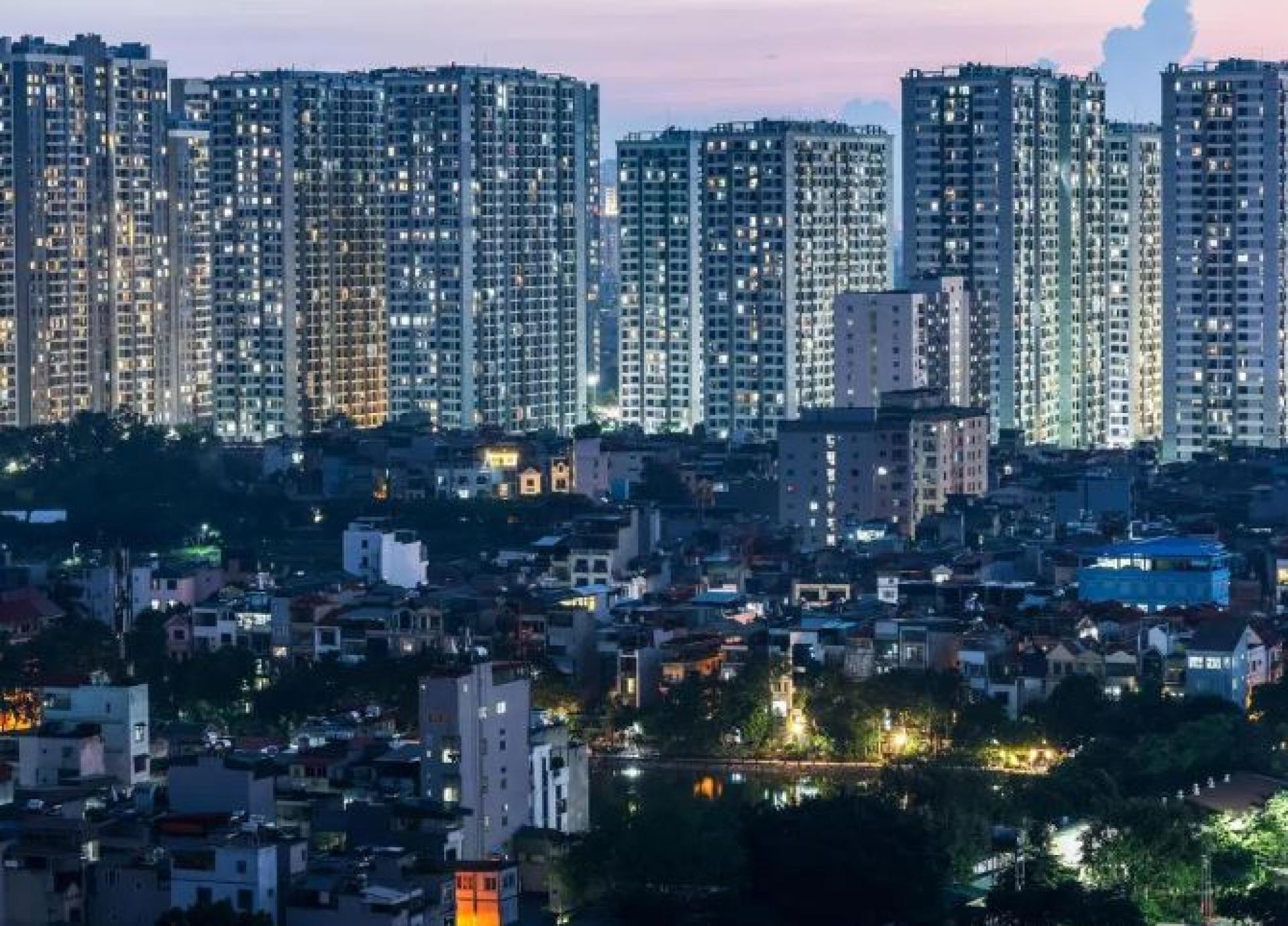(Hanoi, 12th – Aggregate News) Vietnamese economists have warned that a sharp increase in credit could lead to inflation as well as real estate and stock market bubbles, urging authorities to remain cautious.
In order to achieve this year's GDP growth target of 8.3% to 8.5%, the Vietnamese government is actively promoting private lending and public spending. However, this target is significantly higher than the expectations of economists and multilateral institutions such as the World Bank.
Two senior scholars openly criticized the government's policy on Friday (September 5) at a closed-door meeting of the National Assembly's Economic Committee. Pham The Anh, Dean of the Faculty of Economics at the National Economics University of Vietnam, pointed out in his report: "Vietnam's money supply growth rate is extremely high, and the credit-to-GDP ratio is the highest in the region, bringing risks of inflation and asset bubbles."
He stressed that the surge in credit has pushed up real estate prices, and speculators have even created "ghost towns." Associate Professor Vu Sy Cuong of the Vietnam Academy of Finance stated that the credit expansion is also pushing up the stock market, but "economic stability is more important than short-term high growth."
According to DNSE, a Vietnamese securities brokerage, margin debt in the second quarter of this year hit a record high, exceeding US$11 billion (about S$14.1 billion), accounting for about 5% of the total market capitalization.
According to data from the International Monetary Fund, last year Vietnam's total loan amount accounted for 136.4% of GDP, far surpassing the median for emerging and middle-income countries. In the first half of this year, annual bank credit growth reached 19.3%, exceeding the central bank's set ceiling of 16% and also higher than the average of 14% over the past five years.
Analysts warn that without prudent measures, credit risks may accumulate rapidly and exacerbate concerns within the financial system.
